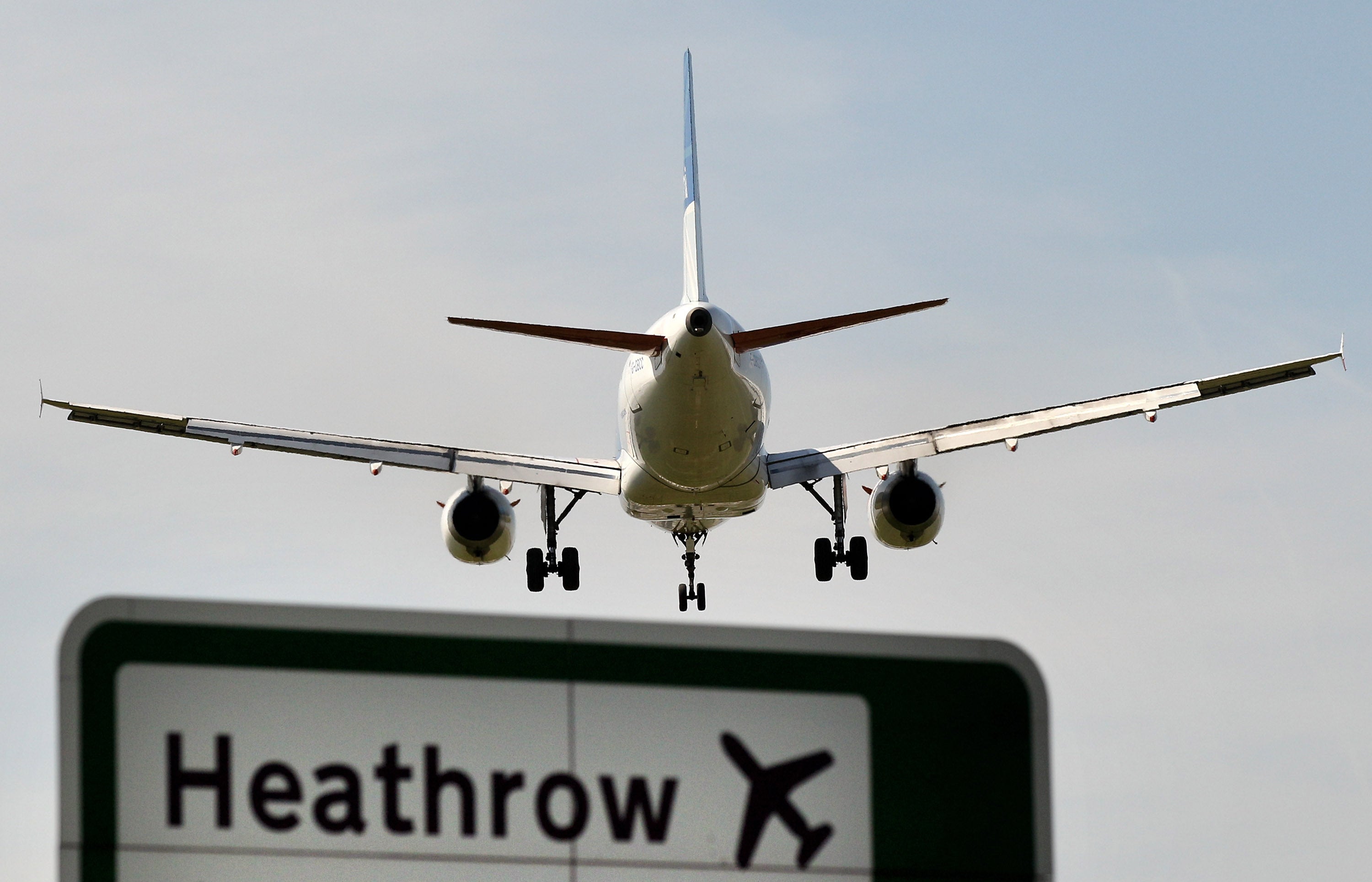Has the coronavirus pandemic ended hopes of expanding Heathrow airport?
The pandemic’s impact on the aviation industry has been catastrophic, with carriers left with no revenues and tens of thousands of job cuts across the world. Surely this means increasing the UK’s airport capacity is unviable? Isabella Kaminski investigates


The climate change effects of expanding UK airport capacity have been put under intense legal scrutiny as the aviation industry warned that it was in serious financial straits.
During a two-day appeal hearing this week, judges in the Supreme Court heard detailed arguments about whether the government was right to greenlight a third runway at Heathrow.
The Court of Appeal had concluded in February that the government had not properly taken account of its own climate change commitments when approving a national policy statement on aviation in 2018. The judgment was branded a “major environmental breakthrough” and the court itself described it as a case of “exceptional public interest”.
The government chose not to appeal. But the operator of Heathrow airport, which maintains that it still wants to build a third runway at some point in the future, did.
Heathrow airport’s legal team did not dispute the seriousness of tackling climate change. But it argued that the government had considered all the required domestic policies and regulations in place at the time. The 2015 Paris Agreement, the most important international climate treaty agreed to date, did not become part of UK law until 2019 when a net-zero target was agreed.
But lawyers for Friends of the Earth, which brought the original case together with climate litigation charity Plan B, contended that the Paris Agreement was absolutely relevant and, if it had been considered, might have led to a different national policy on whether and where airport capacity should be expanded.
The Supreme Court is expected to publish its judgment in the new year. Quashing the policy statement would not completely rule out a third runway at Heathrow, although it would make it more difficult as the government would have to return to the drawing board.
And if even the Supreme Court overturns the Court of Appeal’s ruling, Heathrow airport will still have to show that expansion does not compromise domestic carbon targets to get planning permission. The project will also have to meet strict air quality and noise limits.
The decision is important beyond the aviation sector too, because it could affect other major developments in the UK with significant climate and air pollution impacts such as energy and road-building. A number of cases going through the court system are challenging government policy in these areas.
Whichever way the decision goes, Heathrow has conceded a new runway would not be completed this decade, despite having already spent more than £500m on planning and early construction works.
Before the coronavirus crisis, Heathrow had put the date of completion at between early 2028 and late 2029. But in court, the airport’s lawyer said that “even if everything goes smoothly it won’t be done before 2030 at the earliest”.
Environmental campaigners feel the pandemic has only fuelled their attempts to thwart a third runway because it undermines the economic case.
Tim Crosland, director of Plan B, told The Independent that the pandemic “exposes the insanity of airport expansion even more clearly”.
He pointed out that UK flight operators have claimed millions of pounds from the government’s Covid-relief scheme and Heathrow is currently looking to cut the pay of thousands of its workers. This week the International Air Transport Association (Iata) warned that large parts of the industry could be forced into bankruptcy within months.
“Instead of bailing out the carbon economy, the government should be using this moment to transition towards a sustainable economy,” said Crosland.
Jenny Bates, climate campaigner at Friends of the Earth, agreed. “As we plan for a future in the wake of the dreadful Covid-19 pandemic, it’s key that the UK invests in low-carbon, resilient infrastructure and creates green jobs in sectors such as clean transport, renewable energy and home insulation. A new runway at Heathrow is the opposite of what we need to be building,” she said.
The pandemic has undoubtedly led to a decrease in flights across the world, but there appears to be growing public support for limiting the environmental impact of aviation more deliberately. The Climate Assembly UK which published its recommendations last month, suggested the government should tax frequent fliers to cut the long-term rise in air passenger numbers.

Join our commenting forum
Join thought-provoking conversations, follow other Independent readers and see their replies
Comments